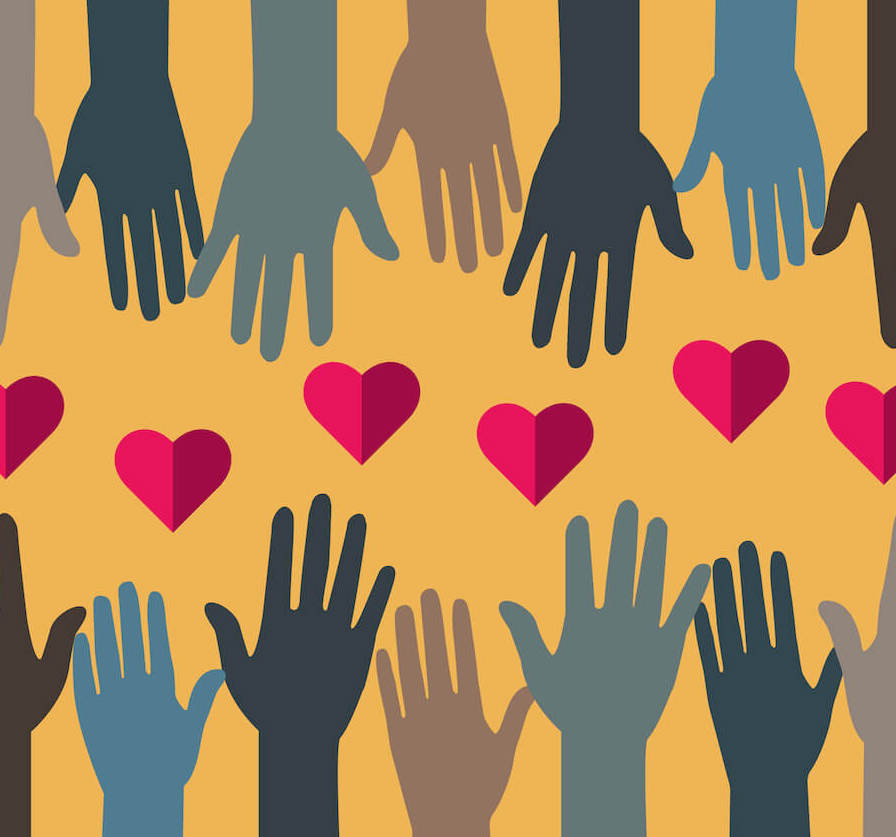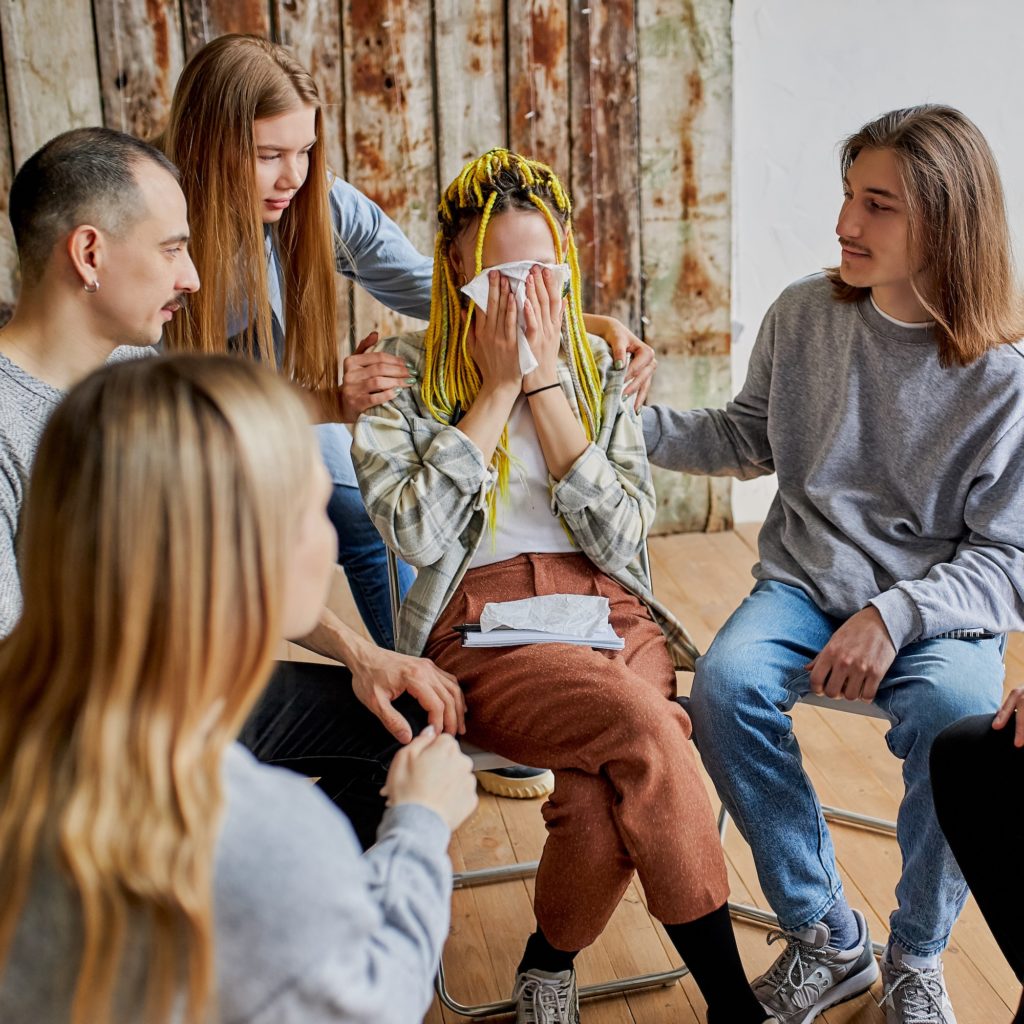
Family and friends
Table of Contents

Introduction
It can be incredibly difficult to witness a loved one struggle with compulsive eating behaviors, day in and day out.
Whether it is obesity, anorexia, bulimia, excessive exercise or any other behavior related to food or body image, it can be heart-wrenching to see someone you care about hurting themselves.
Help from family and friends
Many who love people with problem food behaviors have tried everything they can think of to help.
They might lovingly prepare delicious low calorie meals and feel triumphant when their loved one loses weight, only to feel frustrated and somehow cheated when the weight is regained. They might offer a special trip, or new clothes, or money if their family member sticks with a diet, or stops purging – only to watch in sadness as the offer never gets taken. And many have experienced the fear and frustration of knowing that something is wrong, but not knowing what it is, what to do or how to help.


The effect on others
Individuals with compulsive eating habits recognize that their issues can have an impact on those who care for them.
Despite feeling a profound sense of shame, they struggle to find a solution and may avoid discussing their problems with loved ones due to fear or embarrassment.
It is our wish that through the resources provided on this page and website, you can develop a deeper understanding of the condition of compulsive overeating and its impact on your loved one.
Key point to remember
Compulsive overeaters are powerless over the effect that food has on them. The bulimic does not wish to waste food by gorging on vast quantities only to regurgitate it. The binge eater cannot stop eating once he or she is full. It is an addiction and willpower is no defence against the first bite.

FAQs
Overeaters Anonymous Montreal English Intergroup is here to help both the still suffering compulsive eater and the loved ones of those struggling with this debilitating disease. Here are some common questions about our disease:
Are there OA meetings for teens?
Yes, there are meetings organised by young people for young people. Here is the meeting finger for teens. Alternatively, a young person is welcome at an adult meeting and we recommend they are accompanied by an adult.
How can I help my pre-teen child who struggles with weight?
Wanting to stop compulsive eating may seem easy, but it’s not that simple. It’s tough to change the way we eat or our weight, and it’s even harder to surrender to reach these goals.
A child cannot be forced to have the will to change by parents or adults, no matter how much they love them. It must come from inside them. It may take years of trying and failing to stop on their own. Younger people may struggle with peer pressure, making it hard to follow a food plan.
If you’re not in the OA, going to one of their meetings to find out how they can help might be useful. If you’re already in OA, it might be helpful for you and your child to attend a meeting together.
Would you please send my family member or friend information on OA?
To comply with OA’s principles of “anonymity” and “attraction rather than promotion,” we are unable to send material to anyone other than the individual who requested it. As a result, we are unable to mail anything to your friend or family member.